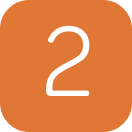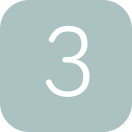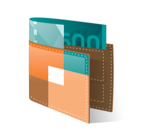Physical address
4 Merchant Place Corner Fredman Drive and Rivonia Road Sandton 2196
Postal address
PO Box 650149 Benmore 2010
It can also be money received from offering a service like baking, sewing, looking after children, braiding people's hair or offering a taxi service.
Budgeting
Do you find yourself in the same situation?
These five easy steps will get you started in drawing up a budget:

Distinguish between your needs and your wants.

List your sources of income.

List your expenses, including what you need to save.

Subtract your expenses from your income to see what you have left.

Keep track of your monthly expenses by updating your budget regularly.
Distinguish between your
Income is any money you receive on a regular basis. You might earn income from various sources including: salary or wages, a social government grant, stipends, allowances (from family or friends) or child maintenance. Income also includes money from a business where you sell items, money received from renting out a room or running a guest house.

The amount you pay does not change frequently and payments are made regularly (e.g. monthly) including rent or bond repayments, school fees, insurance premiums and car repayments.

Expenses you pay every month but they change depending on your usage, for example: airtime/data, electricity, water, groceries, public transport or fuel for your vehicle.

Saving is essential and should always be listed on your budget as an expense. If you wait to see what is left at the end of the month, you will not save anything. Saving also ensures you are prepared for life's emergencies.


Physical address
4 Merchant Place Corner Fredman Drive and Rivonia Road Sandton 2196
Postal address
PO Box 650149 Benmore 2010
